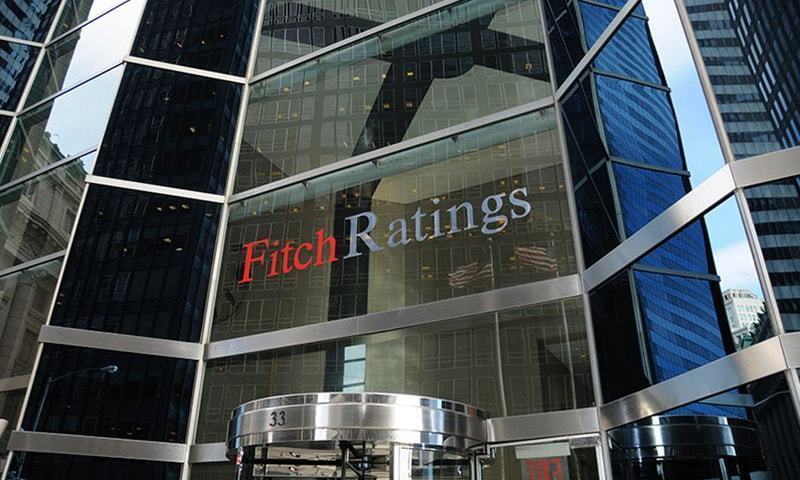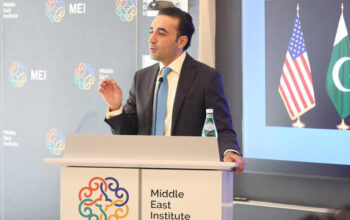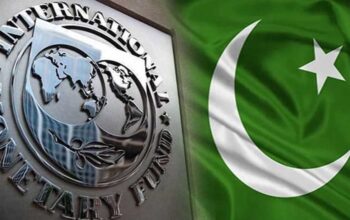By Staff Reporter
KARACHI: Fitch on Tuesday cut Pakistan’s sovereign credit rating by a notch to CCC- from CCC+, citing policy risks, critically low reserves and large refinancing risks, and difficult conditions set by the International Monetary Fund (IMF).
Fitch typically does not assign outlooks to sovereigns with a rating of CCC+ and below. Its downgrade comes after S&P Global in December cut its long-term sovereign credit rating for Pakistan by one notch to “CCC+” from “B”, citing a continued weakening of its external, fiscal and economic metrics.
The IMF and Pakistan resume talks virtually on Monday to revive a stalled bailout program after failing to reach a deal during the lender’s 10 days visit last week.
Securing an IMF deal is crucial for Pakistan as it needs more aid to avert a default as the country’s foreign currency reserves have fallen to less than $3 billion.
“Falling reserves reflect large, albeit declining, current account deficits (CADs), external debt servicing and earlier FX intervention by the central bank, particularly in 4Q22, when an informal exchange-rate cap appears to have been in place,” Fitch said.
“Default or debt restructuring is an increasingly real possibility, in our view.”
The delay in the IMF deal has further weakened the country’s economy, already in turmoil with the rupee shedding more than a quarter of its value against the U.S. dollar, fuel prices rising by almost a fifth, and inflation at a multi-decade high of 27 percent.
Fitch noted that shortfalls in revenue collection, energy subsidies and policies inconsistent with a market-determined exchange rate, were the reason behind delays with the ninth review of Pakistan’s IMF programme, originally due in November 2022.
“We expect reserves to remain at low levels, though we do forecast a modest recovery during the remainder of FY23, due to anticipated inflows and the recent removal of the exchange rate cap,” the agency said.
The agency added that traditional allies like China, Saudi Arabia and the United Arab Emirates have shown reluctance to fund in the absence of an IMF programme, which is “also critical for other multilateral and bilateral funding.”
The agency however adds that following a successful review Pakistan will be able to unlock funds. Pakistan stands to receive $3.5 billion from other multilaterals during the fiscal year.
Fitch anticipates external public-debt maturities will remain high in the next fiscal year.
“Of the $7 billion remaining for fiscal year 2023, $3 billion represent deposits from China (SAFE) that are likely to be rolled over, and $1.7 billion are loans from Chinese commercial banks which Fitch assumes will be refinanced in the near future,” it said.
Previously, in October, Fitch cut Pakistan’s sovereign rating from B- to CCC+.
Fitch also highlighted a challenging political context and funding contingent on the IMF programme as other factors for the rating downgrade.
Copyright © 2021 Independent Pakistan | All rights reserved




